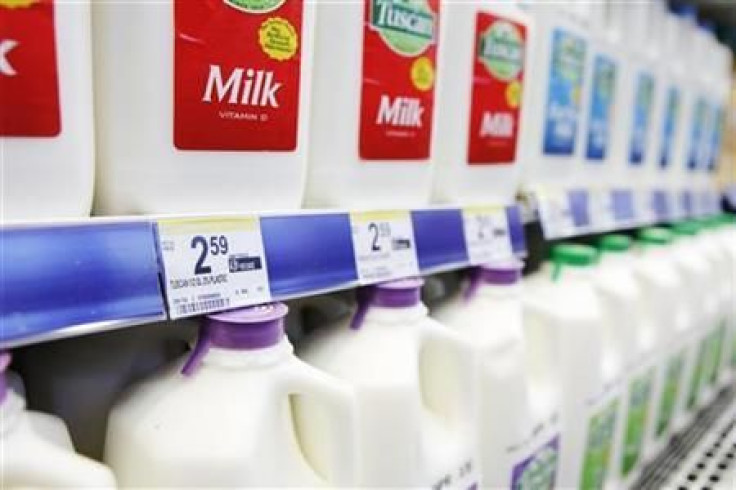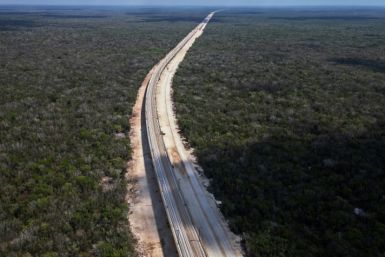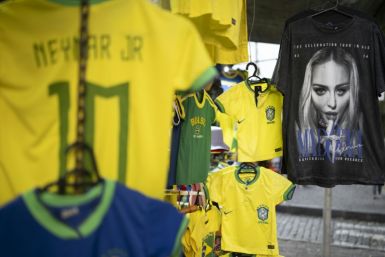China Heightens Scrutiny of New Zealand’s “Infant Formula” Milk Powder: Seeks Safety Certification

The fear of contaminated infant formula products in New Zealand has started taking a toll on its export markets. In China, besides increasing scrutiny for such product, the General Administration of Quality Supervision is now asking companies importing diary supplies from New Zealand to have government's certification and also undergo mandatory importers’ examination to ensure the desired safety level in these products.
Strict Checking
"China has already taken steps and will demand each batch of milk powder imported from New Zealand has an official New Zealand certificate that it does not contain 1080," China's General Administration of Quality Supervision, and Quarantine said in a statement on its website.
The Wall Street Journal reports that New Zealand has already informed all its trading partners including those in China about the anonymous threat of poisoning in infant formula products and other diary supplies. New Zealand assured all its partners that the risk of poisoning is very low. China also stated that New Zealand officials and dairy enterprises are taking extra caution to prevent any poisoning.
On Tuesday, the New Zealand police disclosed the threatening that leading infant formula producing companies in New Zealand have received. Those who sent the letters to Fonterra Cooperative Group and industry body, Federated Farmers have threatened to contaminate infant formula with a deadly pesticide, evoking anxiety among the traders as well as general public. The unsigned letters carrying the threats were received in November 2014 and a ban was sought on the pesticide by March. The poison, known as 1080, is widely used in New Zealand for killing pests such as rabbits, stoats and possums.
Demand Down
Meanwhile, some traders acknowledged that Chinese demand for New Zealand infant formula supplies is under pressure, after the threat of poisoning, according to an exporter group. Many Kiwi companies, marketing milk powder are facing cut in orders, said Michael Barnett, chairman of the New Zealand Infant Formula Exporters Association. “We've had our first response from the distribution network. They've reduced their orders, some of them by up to 70 percent," Barnett told Reuters and added that any negative online exposure may fuel more concerns in China.
In 2014, China purchased $3.11 billion worth of milk powder and other dairy products from New Zealand. The poisoning scare also stung the New Zealand dollar, which hit a five-week's low on Wednesday. The exporters association comprises many businesses that market infant formula products of Fonterra and others. New Zealand's Ministry for Primary Industry (MPI) reiterated that the pesticide has not entered the dairy supply chain. The MPI said the overseas markets and regulators have been reached out and they are responding in a calm manner. Scott Gallacher, director-general of MPI issued the statement, sounding positive about its efforts to address the concerns.
(For feedback/comments, contact the writer at kalyanaussie@gmail.com)






